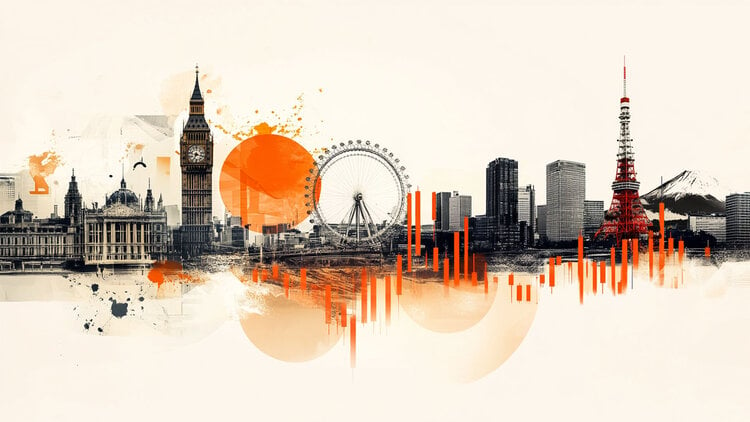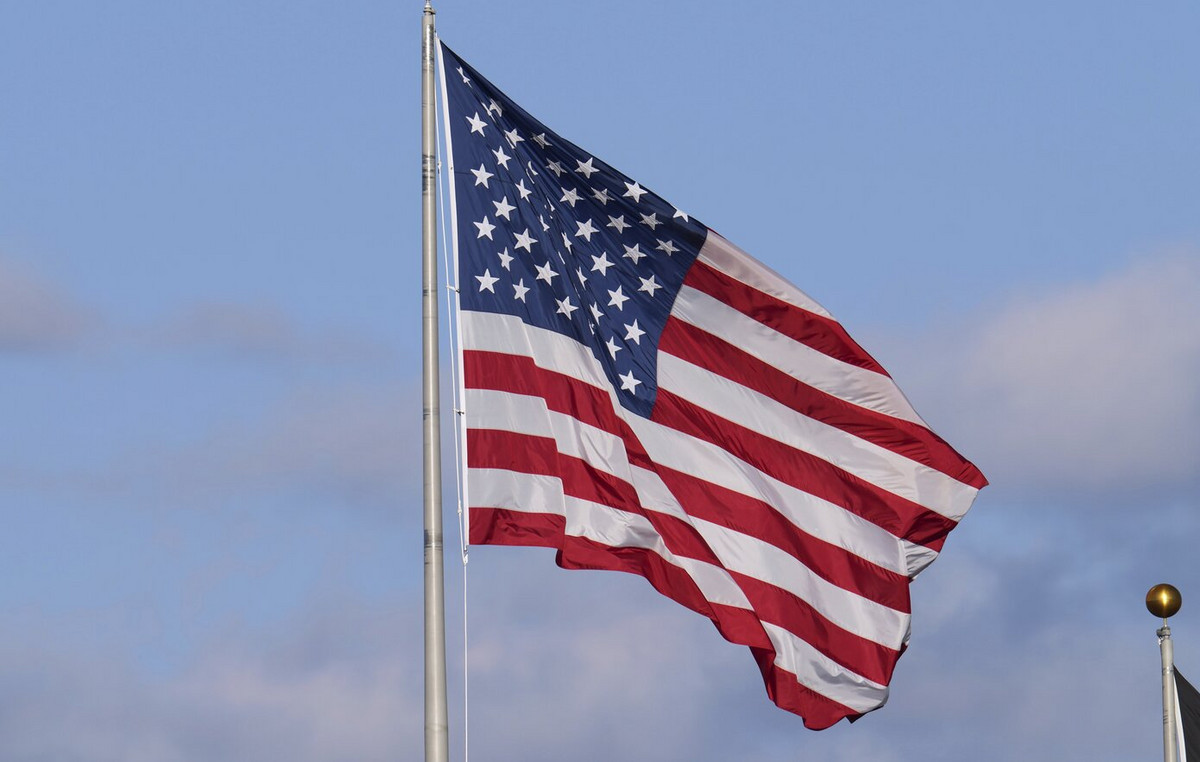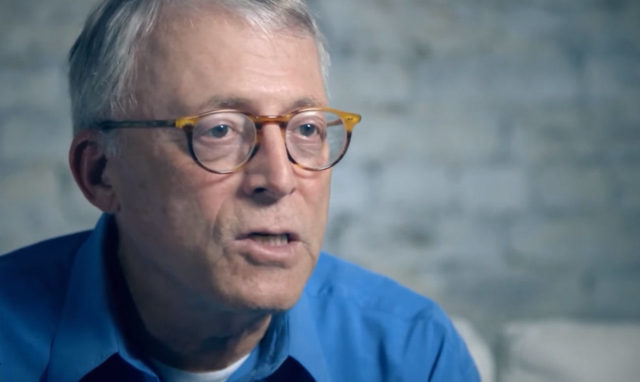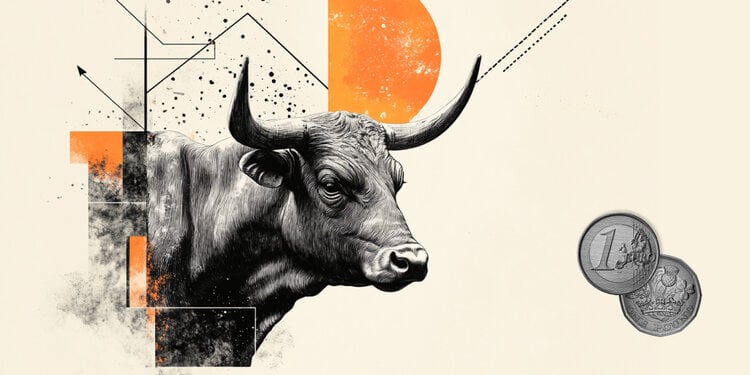When the Soviet Union finally fell, it was in a trite way, as if you swiped your timecard on the way out of a normal working day.
On December 25, 1991, Mikhail Gorbachev addressed Soviet citizens and announced his resignation as president. Shortly after 7:30 pm that same day, the Soviet flag, waving in the wind, was lowered from the pole above the presidential residence in the Kremlin.
For five minutes, the flagpole was empty, as if to symbolize the transition of power. At 7:45 pm, the Russian tricolor flag was raised on it.
The next day, the Soviet Union was officially dissolved. And with that came the end of the empire in which I was born and spent the first 26 years of my life. The wallpaper for my family history – which included the losses during World War II and Stalin’s repressive dictatorship – had fallen.
But I must admit that when the flagpole was empty I felt nothing.
For me, the Soviet Union became a thing of the past after the attempted coup of August 1991. Gorbachev pulled the strings, believing he was running the country, but they were cut. Ministers and regional leaders wrote alarmist letters to each other – food supplies were dwindling and the country was starving. Russia was creating a reformist government.
As a beginning journalist, I was excited about the change. I worked in a newspaper, avidly reporting every day what the reformers were doing. In the meantime, my older brother became adviser to the chief reformer and later prime minister, Yegor Gaidar.
But amidst the difficulties of the transition, people’s inspiration faded in the following years and a large part of the population discovered that capitalism did not bring immediate happiness.
Despite this, in the spring of 1993, people voted in a referendum to continue the reforms, and by the fall of that year, the reformist party Vybor Rossii managed to form one of the largest factions in the new parliament. It was the last time the liberals were successful.
In 1994, less than three years after the collapse of the Soviet Union, sociologists led by Yuri Levada registered a change in attitude. People began to say that they preferred a quiet job to their own businesses and the risks associated with them.
As time passed, a significant number of Russians began to feel nostalgia – Soviet songs were sung on New Year’s television programs, post-modern Soviet-like menus became popular in restaurants.
But no one seriously thought about going back to 2000, when the new president – Vladimir Putin – literally changed his tune. Putin restored a revived version of the Soviet anthem that is still used today.
The president’s resurrection of Soviet ghosts did not stop there. Putin called the split from the Union “the greatest political catastrophe” of the 20th century, during a speech in 2005. Two years later, he made another speech in Munich about the humiliation of the West in Russia.
And it looked like a plan: “Making Russia big again.”
The domestic audience at the time didn’t take it very seriously – ordinary people weren’t thinking about politics at the time, enjoying the recovery of economic growth and the booming oil economy of the 2000s.
Putin’s popularity gradually waned and Russia’s modernization seemed inevitable. However, the short war with Georgia in 2008 gave a temporary boost to approval ratings.
In 2012, Putin faced unprecedented protests from the urban classes and began a strong shift towards ultra-conservative policies. One of the main components of their propaganda was the glorification of the so-called victorious Soviet history of Russia.
The annexation of Crimea by Russia in 2014 was portrayed as an act of “restoration of the empire”. Imperial sentiments lay dormant in the hearts of most Russians, and Putin played with it, rekindling their pride in being part of a great power. As the Crimea effect wore off, Putin stepped on the pedal of Soviet nostalgia, presenting the Stalin era – particularly the Great Patriotic War – as a time of victory and order.
Fast forward to 2021, and nearly half (49%) of Russian respondents would prefer the Soviet political system, according to a study published in September by the independent Levada Center. The survey, which included 1,603 adults interviewed in 50 regions of Russia, said it was a record number of Soviet support for this century.
Surprisingly, there are no contrasting attitudes to the Soviet era across generations, found the Carnegie Moscow Center and Levada survey. The older crowds are nostalgic for the USSR; the younger ones have developed an image of the Soviet Union as a fairytale country, a retro-utopia where everyone is equal, everyone is free, and a stern but fair father figure reigns.
People dream of a fairer society, and Russians have no models other than the Soviet Union. The imaginary USSR still helps Putin in many ways – even when his regime is losing popularity to the Soviet system.
At the last traditional hockey tournament, held in December in Moscow, the Russian team went to the ice wearing a Soviet team uniform, and the audience frequently waved the Soviet flag. Three decades after the Soviet flag was officially lowered, it still appears to be important in Russian lives.
Editor’s Note: Andrei Kolesnikov is a senior member of the Carnegie Moscow Center and the author of several books on Russian political and social history, including a biography of Russian reformer Yegor Gaidar. The opinions expressed in this comment are his, not his. CNN.
This content was originally created in English.
original version
Reference: CNN Brasil
I’m James Harper, a highly experienced and accomplished news writer for World Stock Market. I have been writing in the Politics section of the website for over five years, providing readers with up-to-date and insightful information about current events in politics. My work is widely read and respected by many industry professionals as well as laymen.







